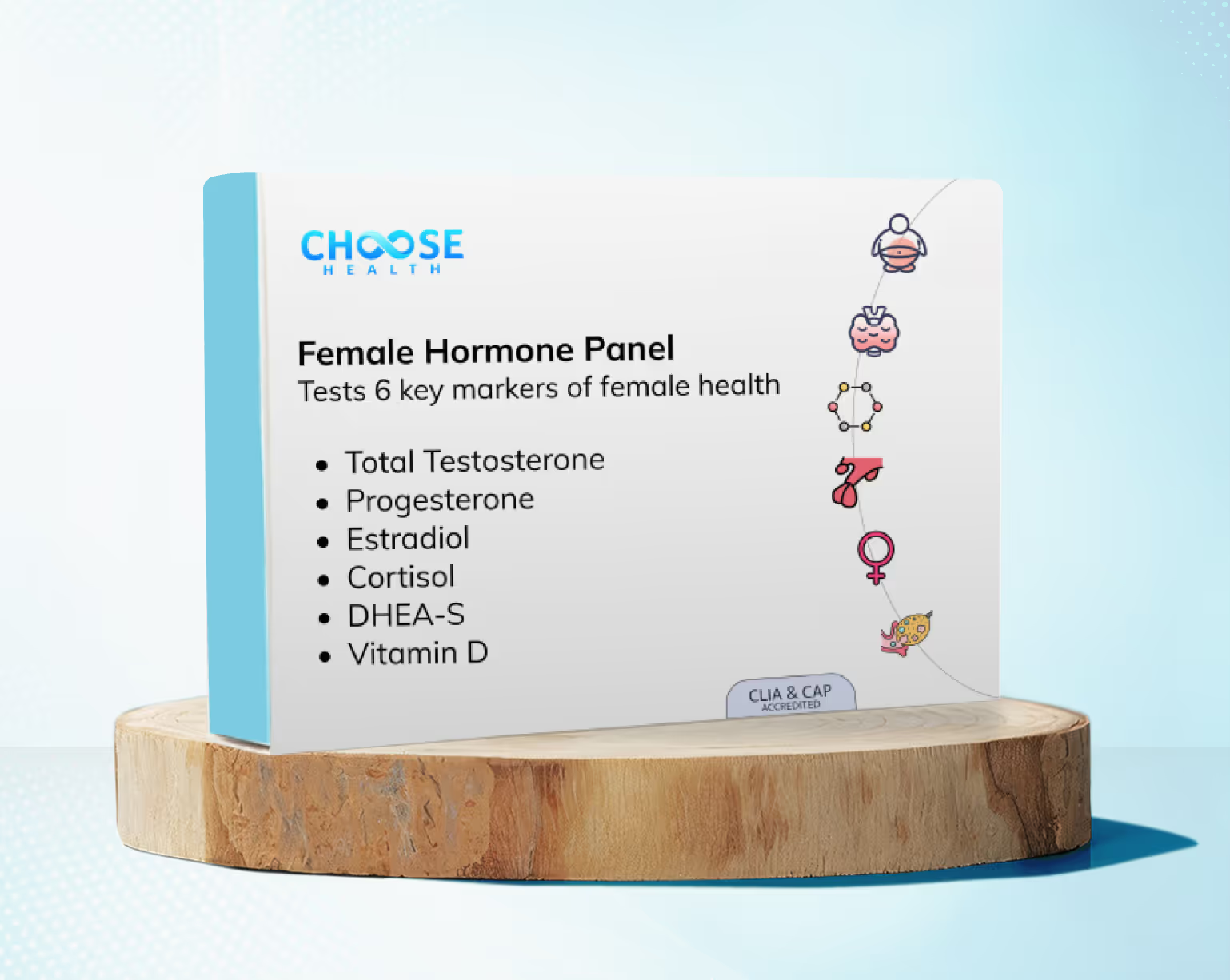.png)
Sunburns are a common summer woe, but severe sunburns, often referred to as sun poisoning or photodermatitis, can lead to more serious health issues. In this article, we’ll explore what sun poisoning is, its symptoms, treatment options, and the essential role of vitamin D in this context. Plus, we’ll discuss how Choose Health can help you monitor your vitamin D levels to ensure you’re maintaining optimal health.
What is Sun Poisoning?
Sun poisoning, also known as photodermatitis, is a severe reaction to prolonged exposure to ultraviolet (UV) radiation from the sun. It goes beyond the typical sunburn, manifesting with more intense symptoms and potentially leading to significant discomfort and health complications.
Symptoms of Sun Poisoning
Recognizing the symptoms of sun poisoning is crucial for timely treatment. Common symptoms include:
- Severe Redness and Blistering: The skin becomes intensely red, and blisters may form, indicating a deeper burn.
- Swelling and Pain: Affected areas can swell and become extremely painful to touch.
- Headache and Fever: Sun poisoning can cause systemic symptoms like headaches and fever.
- Nausea and Dizziness: Some individuals may experience nausea, dizziness, or dehydration.
- Chills and Itching: The skin may itch severely, and chills can occur despite the heat exposure.
How to Treat Sun Poisoning
If you suspect you have sun poisoning, it’s essential to take immediate action to mitigate the symptoms and promote healing:
- Get Out of the Sun: Move to a shaded or indoor area to prevent further UV exposure.
- Hydrate: Drink plenty of fluids to combat dehydration.
- Cool Compresses: Apply cool, damp cloths to the affected areas to reduce heat and swelling.
- Moisturize: Use aloe vera or a gentle, hydrating lotion to soothe the skin.
- Pain Relief: Over-the-counter pain relievers like ibuprofen can help reduce pain and inflammation.
- Seek Medical Attention: For severe cases, consult a healthcare professional for additional treatment options.
How Long Does It Last?
The duration of sun poisoning symptoms can vary based on the severity of the exposure and the individual's skin type. Mild cases may resolve within a few days with proper care, while more severe reactions can last a week or longer. Monitoring and managing symptoms effectively can help speed up recovery.
The Role of Vitamin D
While it’s crucial to protect your skin from excessive sun exposure to avoid sun poisoning, moderate sun exposure is necessary for the production of vitamin D. Vitamin D is essential for bone health, immune function, and overall well-being. However, balancing sun protection and adequate vitamin D levels can be challenging.
Sun poisoning, or photodermatitis, is a severe reaction to excessive sun exposure that requires prompt treatment and care. Recognizing the symptoms and knowing how to treat sun poisoning can help alleviate discomfort and promote healing. Balancing sun protection with adequate vitamin D intake is vital for overall health. Choose Health provides a simple and effective way to monitor your vitamin D levels, helping you maintain a healthy balance.
.png)





